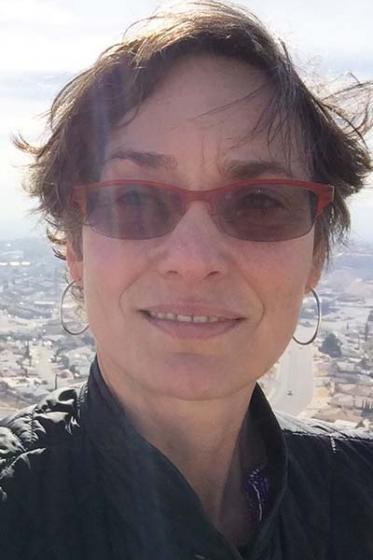Gender and geography: Knowledge and activism across the intimately global
Abstract
Without a doubt, feminist geography offers extensive discussions on the unifi cation of research and activism, such as by making ‘activism count’ within the academy and by making women’s politics ‘count’ within activist networks (see, for instance, Staeheli et al., 2004; Cope, 2004; Mountz and Hyndman, 2006). These debates reveal feminist geography’s emphasis on approaching the interconnections of academic and activist practice. For Pratt, the objective is ‘working on feminist theory as a geographer and putting feminist theory to work on a concrete struggle’ (Pratt, 2004a: 9). Ruddick (2004) refers to such efforts as approaching activism in its ‘doubled’ sense, by which theory and practice constantly fold into each other. Such doubling rejects, from the outset, the idea that theory and practice are oppositional binaries within either activism or academic practice. Indeed, as Pratt elaborates, ‘Feminist theory is a limited resource if it lacks … the vitality to animate social change. Theorizing within the concrete in the good company of those who have committed their daily life to social change returns some of this vitality’ (Pratt, 2004a: 9). Since feminist geographers typically frame such discussions in dialogue with the other subfi elds of geography as well as with the fi eld of feminist studies, more broadly, feminist geographers offer some of the most complex engagements with the doubled sense of activism found across the discipline. In this report, I present this complexity by knitting together a conversation about the imperatives for and challenges to public scholarship as it materializes through feminist geographic practice. Useful for my endeavor is Cindi Katz’s elaboration of contour line, as a metaphor borrowed from cartography, to track the kinship of theory and practice within the production of knowledge
Abstract
Without a doubt, feminist geography offers extensive discussions on the unifi cation of research and activism, such as by making ‘activism count’ within the academy and by making women’s politics ‘count’ within activist networks (see, for instance, Staeheli et al., 2004; Cope, 2004; Mountz and Hyndman, 2006). These debates reveal feminist geography’s emphasis on approaching the interconnections of academic and activist practice. For Pratt, the objective is ‘working on feminist theory as a geographer and putting feminist theory to work on a concrete struggle’ (Pratt, 2004a: 9). Ruddick (2004) refers to such efforts as approaching activism in its ‘doubled’ sense, by which theory and practice constantly fold into each other. Such doubling rejects, from the outset, the idea that theory and practice are oppositional binaries within either activism or academic practice. Indeed, as Pratt elaborates, ‘Feminist theory is a limited resource if it lacks … the vitality to animate social change. Theorizing within the concrete in the good company of those who have committed their daily life to social change returns some of this vitality’ (Pratt, 2004a: 9). Since feminist geographers typically frame such discussions in dialogue with the other subfi elds of geography as well as with the fi eld of feminist studies, more broadly, feminist geographers offer some of the most complex engagements with the doubled sense of activism found across the discipline. In this report, I present this complexity by knitting together a conversation about the imperatives for and challenges to public scholarship as it materializes through feminist geographic practice. Useful for my endeavor is Cindi Katz’s elaboration of contour line, as a metaphor borrowed from cartography, to track the kinship of theory and practice within the production of knowledge
